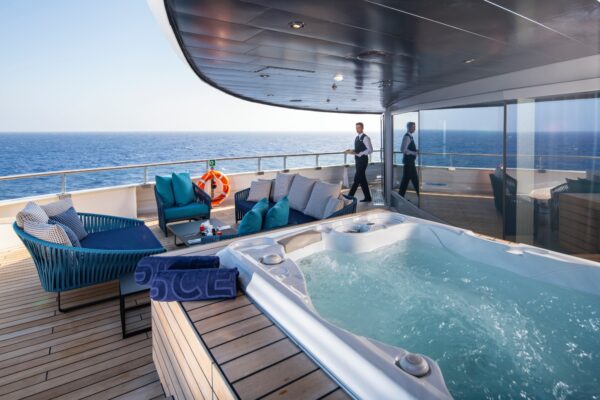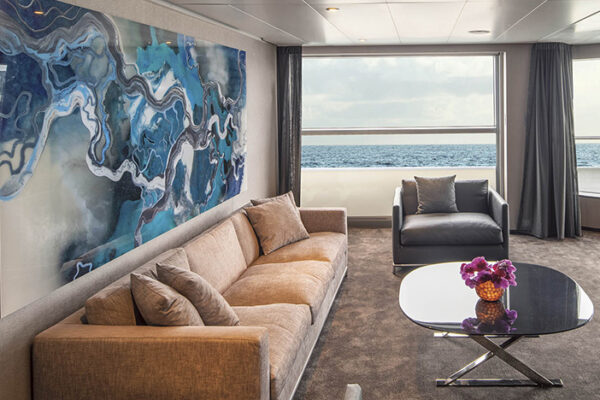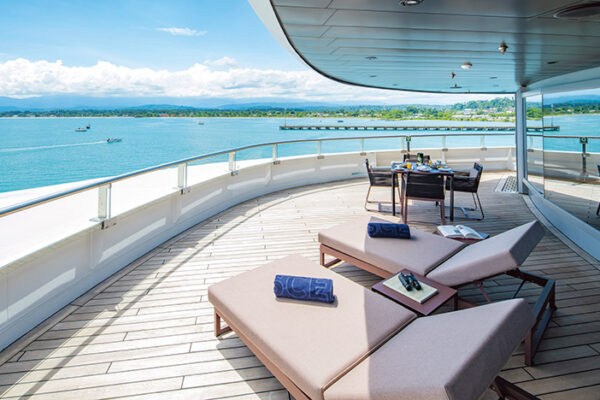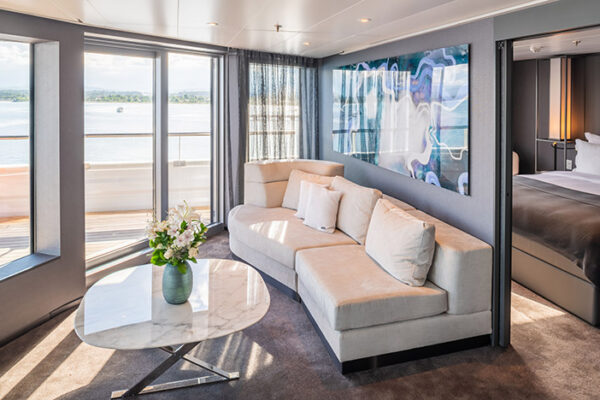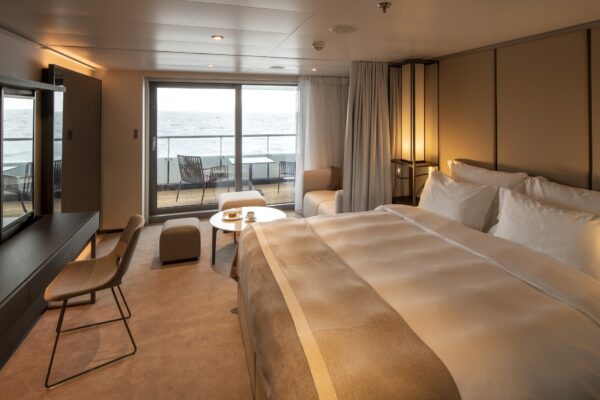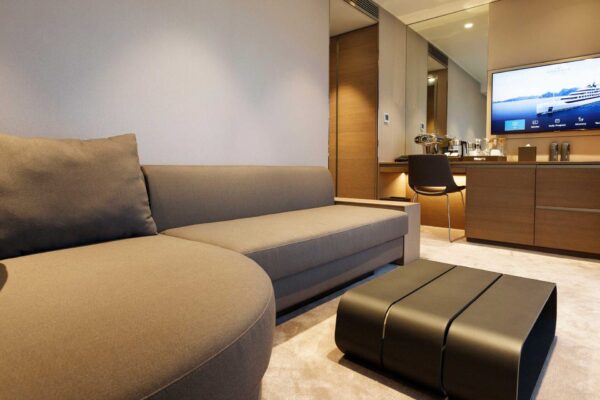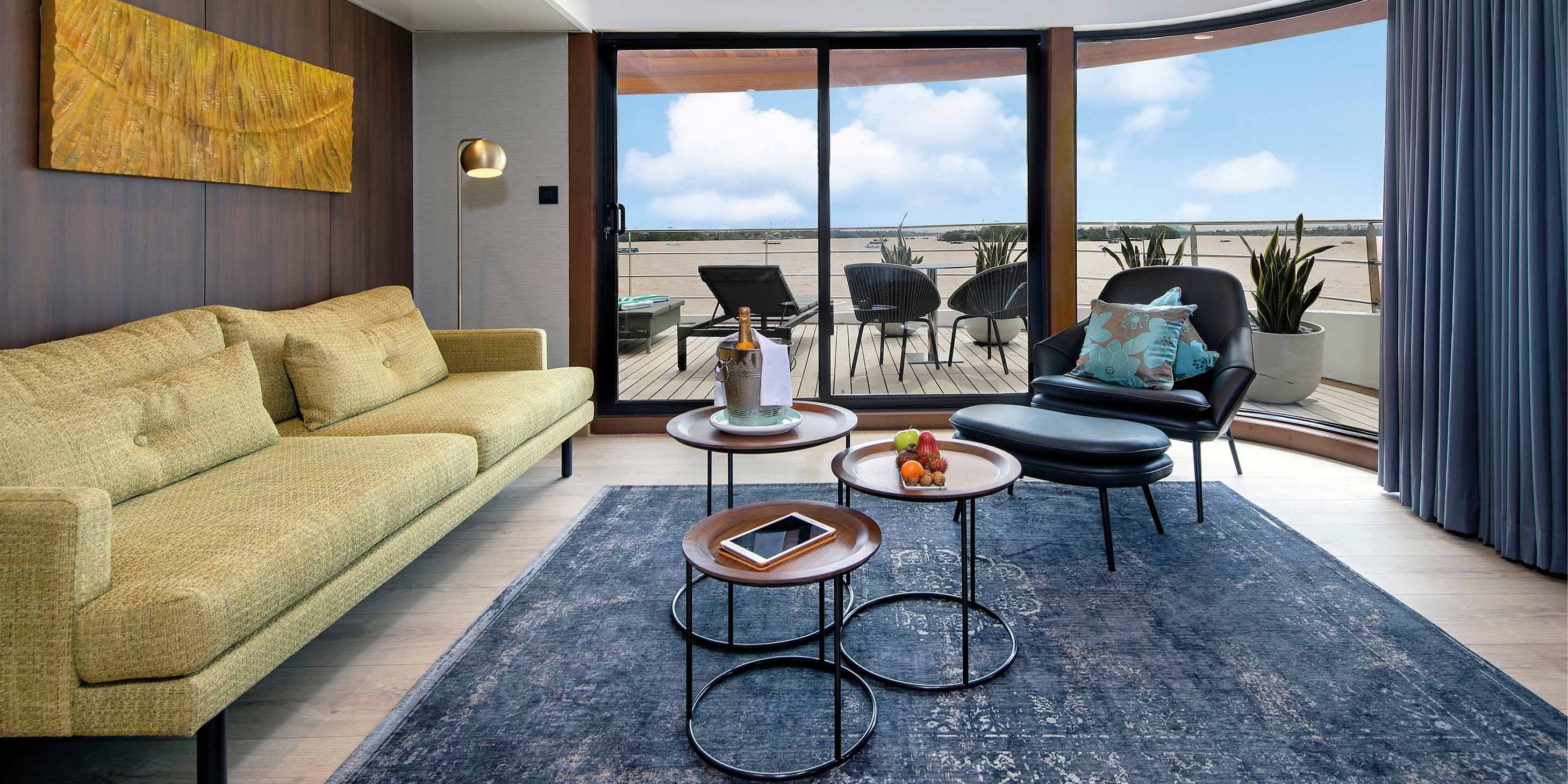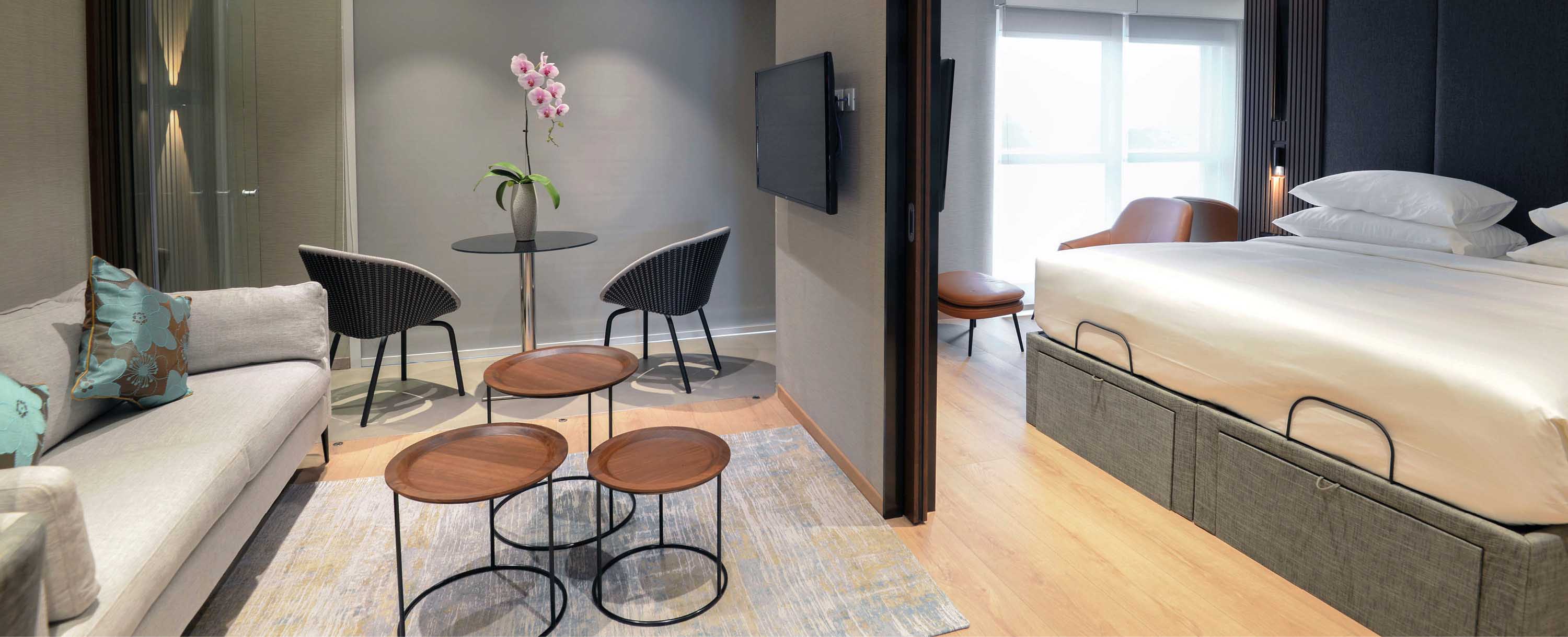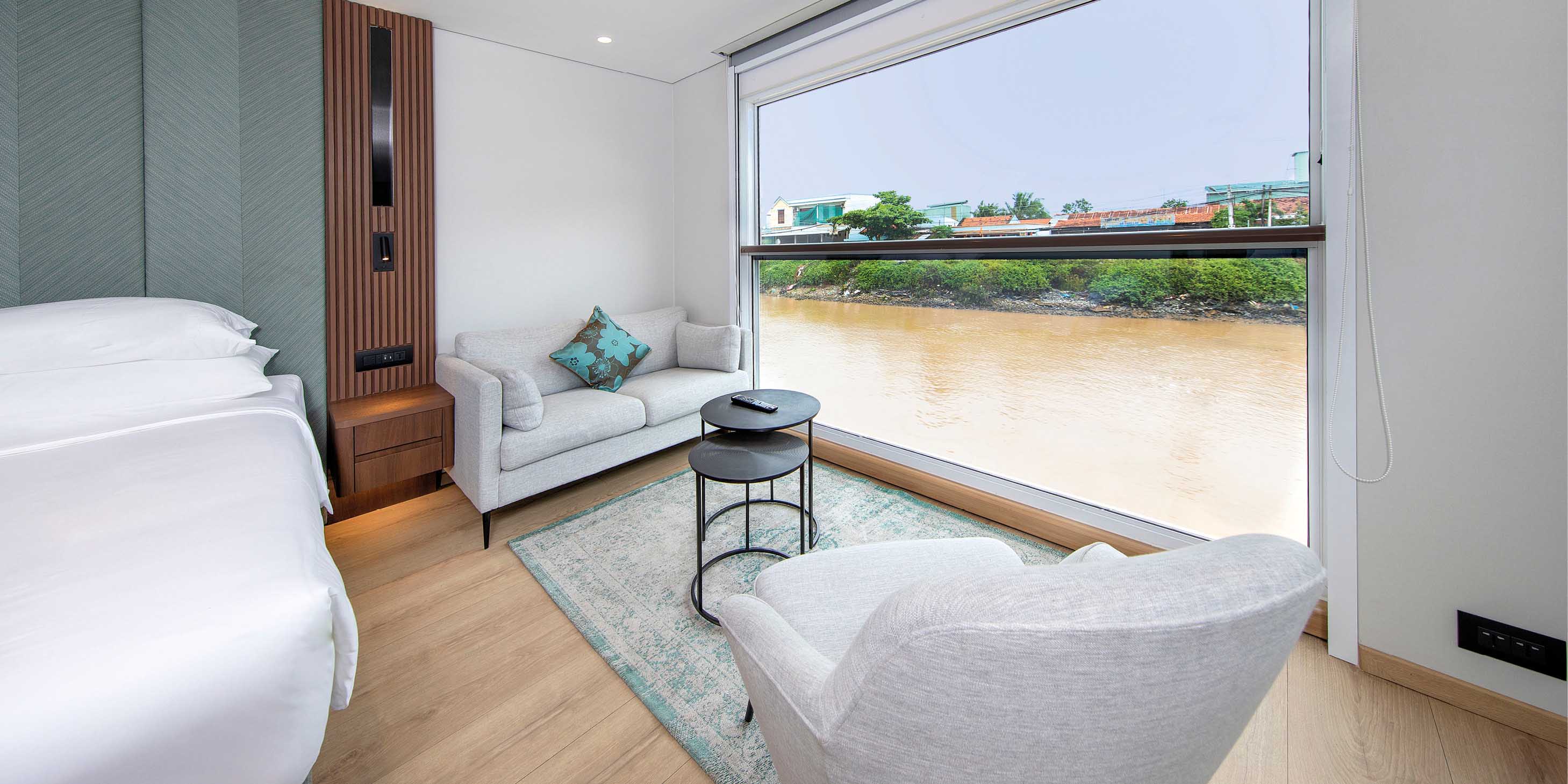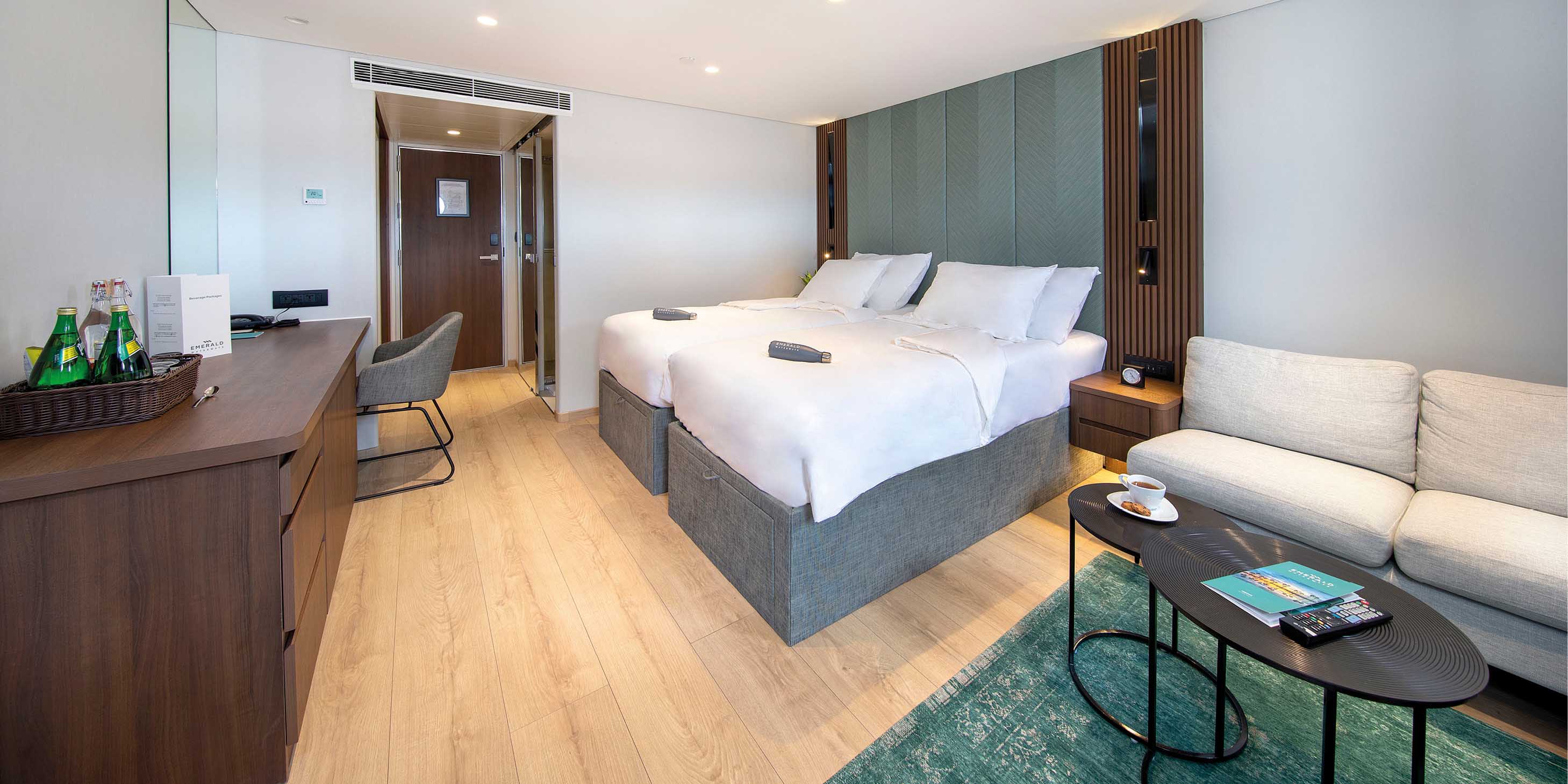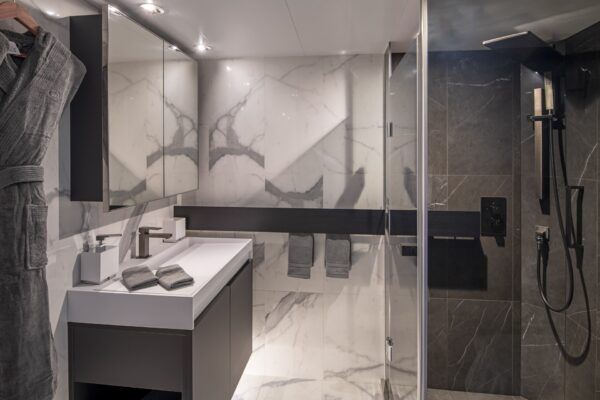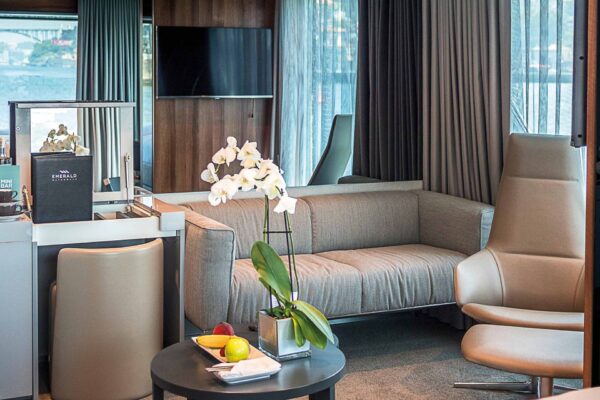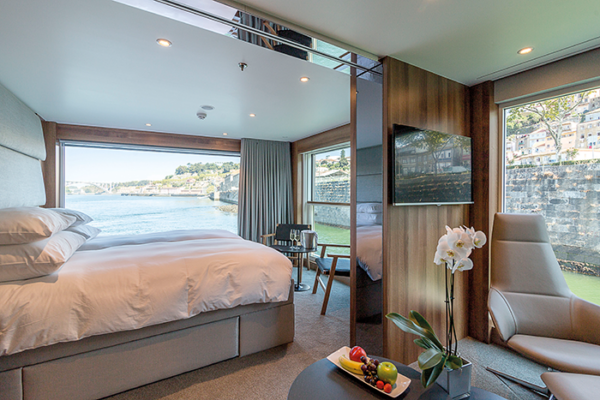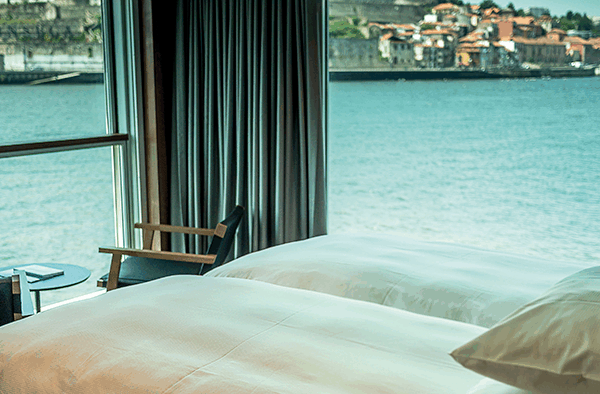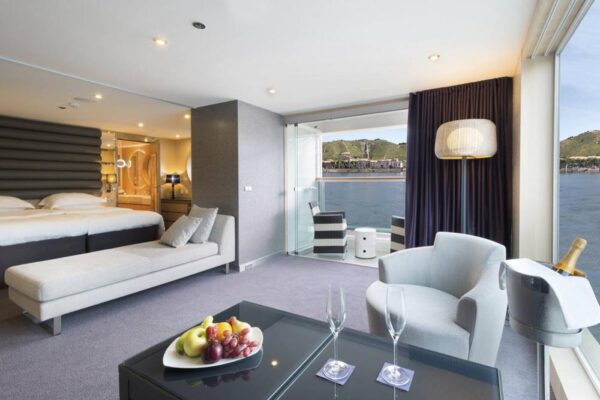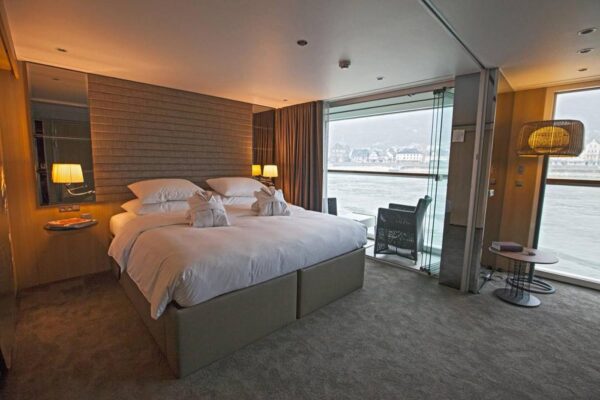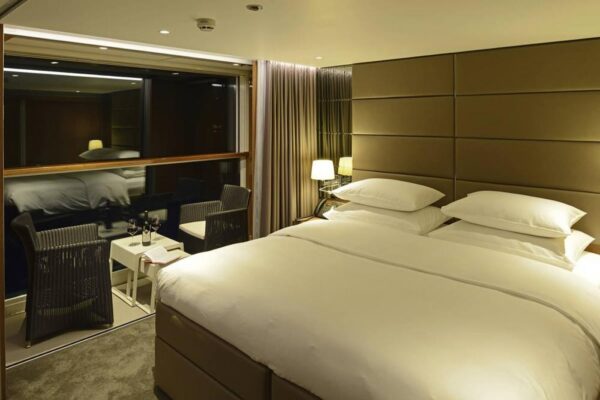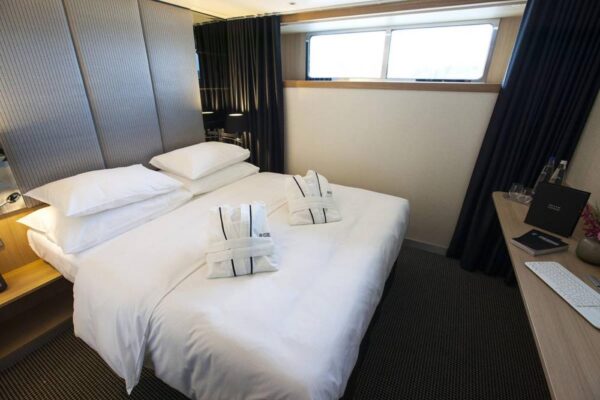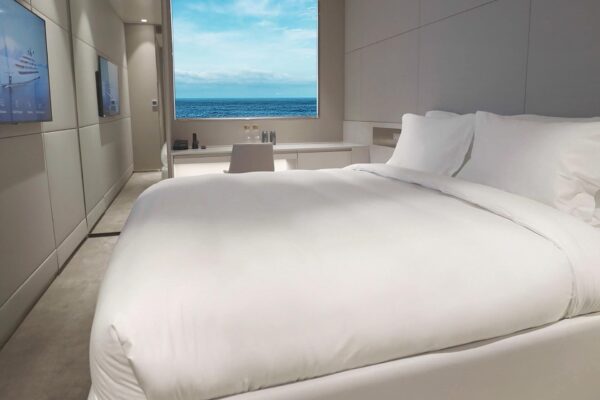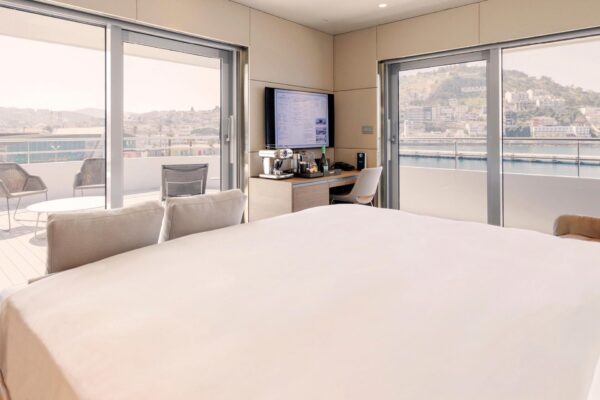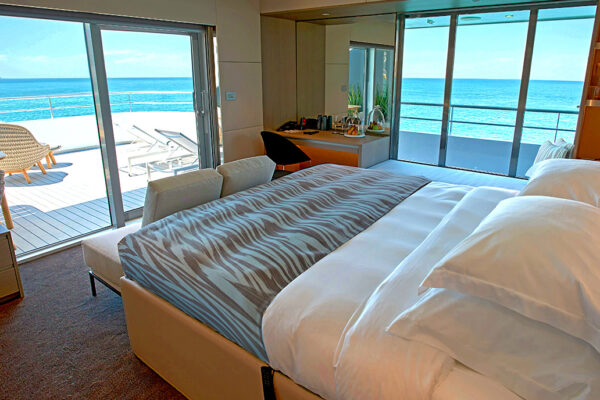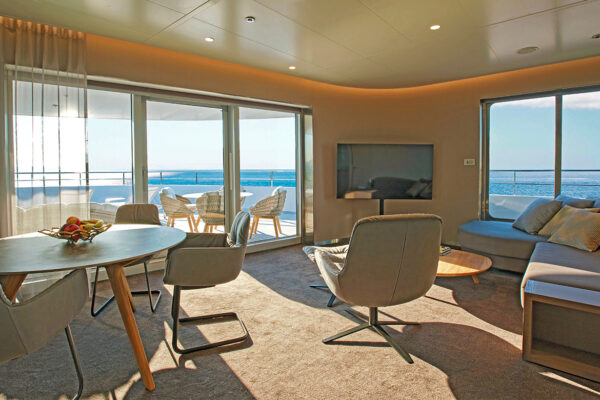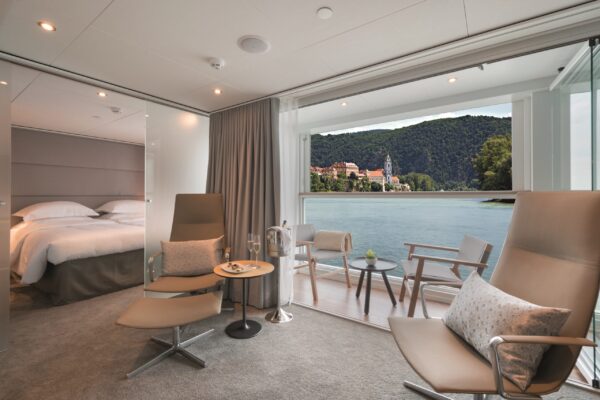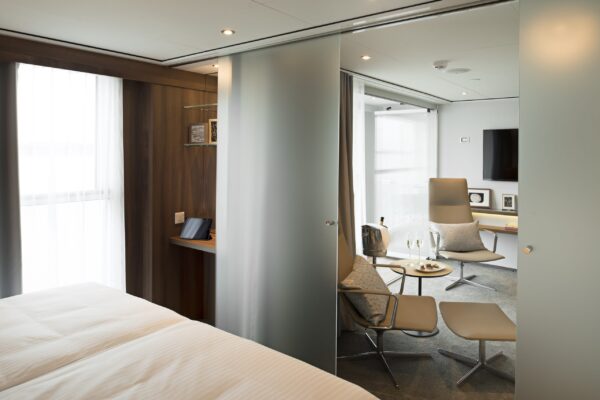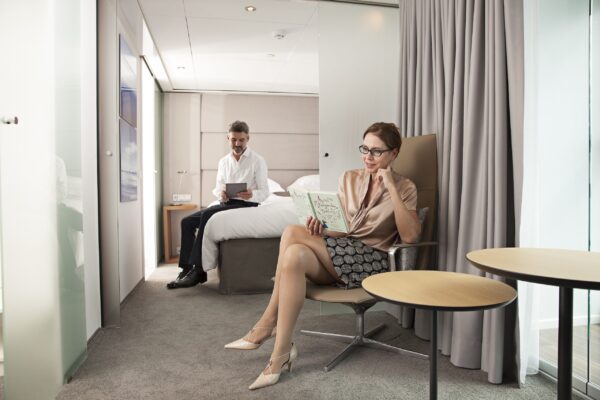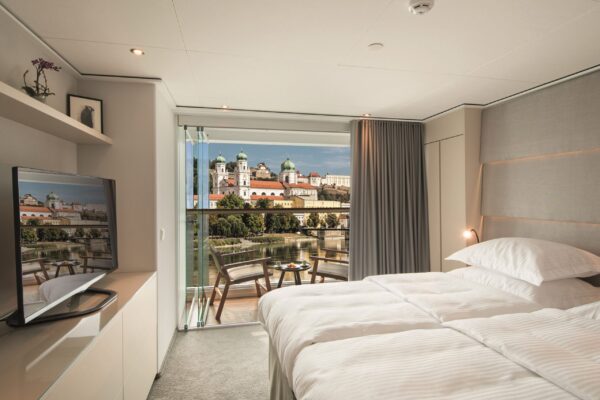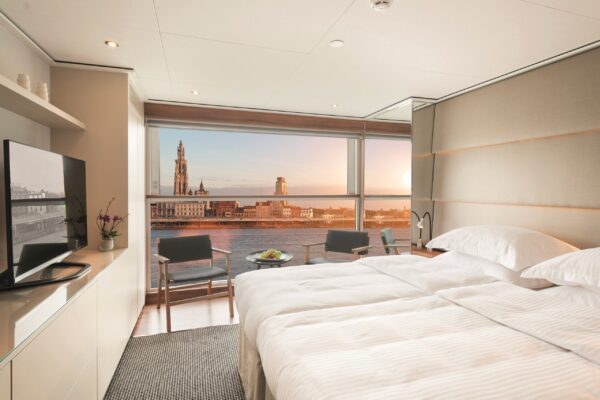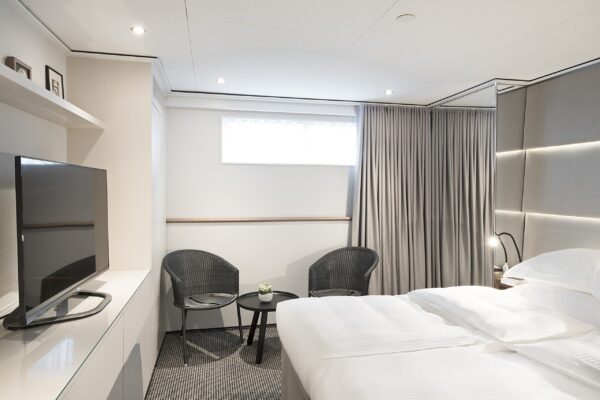Ludwigshafen, Germany: A Deep Dive into Its History and Top 25 Attractions
History of Ludwigshafen, Germany
Situated on the western bank of the Rhine River opposite Mannheim, Ludwigshafen am Rhein is a relatively young city by German standards, but it bears a compelling industrial and social history rooted in the 19th century. The region’s earliest settlements date back to Roman times, evidenced by archaeological remains in the surrounding Rhineland-Palatinate. However, the modern city of Ludwigshafen did not begin to take shape until the 1800s.
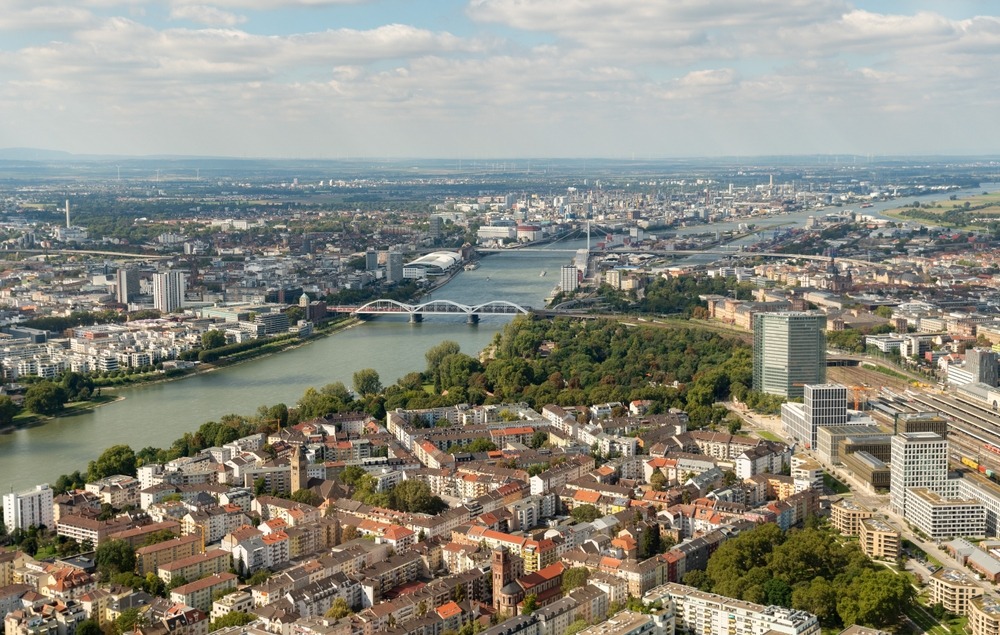
Its official founding occurred in 1853 when the Bavarian government purchased Rheinschanze, a former military fortress, to construct a port and facilitate trade and transit along the Rhine. The city quickly evolved into an industrial hub with the expansion of railway lines and river infrastructure. However, it was the establishment of the Badische Anilin- & Soda-Fabrik (BASF) in 1865 that transformed Ludwigshafen into a global center for chemical innovation. BASF remains the world’s largest chemical producer and a central fixture in the city’s identity.
During both World Wars, Ludwigshafen suffered extensive damage due to the strategic importance of its industrial facilities. Much of the historical architecture was destroyed in bombing raids, and the city had to be largely rebuilt in the postwar decades. The post-war reconstruction led to the emergence of Ludwigshafen’s modernist and functional urban design, distinct from the medieval charm found in many other German cities.
In the decades since, Ludwigshafen has diversified its economy while continuing to be shaped by the presence of BASF. The city is also known for its cultural efforts to revitalize urban life, with investments in public spaces, museums, and festivals. It has developed a strong cultural and educational landscape, while its riverside location and integration with the broader Rhine-Neckar metropolitan region make it an important urban center in southwestern Germany.
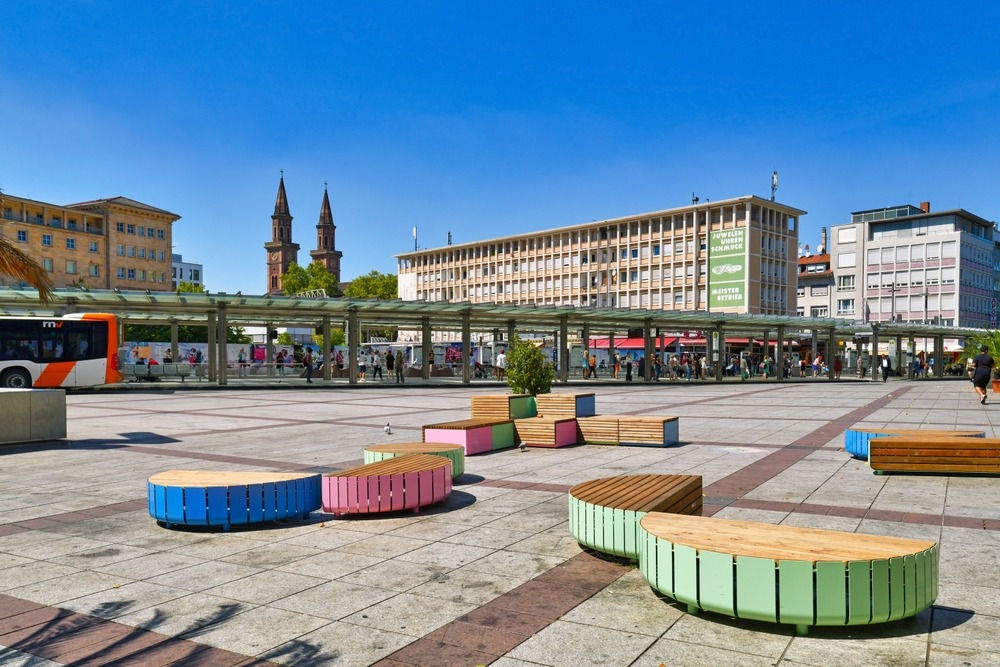
Top 25 Attractions in Ludwigshafen, Germany
-
Wilhelm-Hack-Museum – A striking modern art museum known for its collection of 20th and 21st-century works, and its famous ceramic mural by Joan Miró adorning the museum’s exterior.
-
BASF Visitor Center – An interactive science museum where visitors can learn about the chemistry industry, innovations, and BASF’s global influence.
-
Ebertpark – A beautifully landscaped park featuring gardens, fountains, walking paths, and seasonal floral displays, ideal for relaxation and community events.
-
Rhein-Galerie Ludwigshafen – A modern shopping center along the Rhine promenade with restaurants, shops, and panoramic river views.
-
Lutherkirche – This Neo-Gothic Protestant church is notable for its architecture and history, having survived heavy damage during WWII and later restored.
-
Staatsphilharmonie Rheinland-Pfalz – The home of the Rhineland-Palatinate State Philharmonic Orchestra, offering classical concerts and cultural events year-round.
-
Hack-Museumsgarten – A community garden project connected to the Wilhelm-Hack-Museum that features creative landscaping and public art installations.
-
Parkinsel – A leafy island in the Rhine used for recreation, jogging, and the annual Festival des Deutschen Films, one of Germany’s premier film festivals.
-
Hemmshof District – Ludwigshafen’s oldest neighborhood, offering a mix of historic buildings, cultural venues, and diverse eateries reflecting the city’s multiculturalism.
-
Pegeluhr am Rheinufer – An elegant water level gauge and clock located on the Rhine promenade, offering insight into the river’s levels and a scenic photo spot.
-
Rathaus-Center Ludwigshafen – A large municipal and commercial complex with shops, services, and a striking brutalist architectural style.
-
Kulturzentrum dasHaus – A center for alternative music, film, and culture hosting performances, workshops, and community gatherings.
-
Industriekultur Route – An urban trail highlighting Ludwigshafen’s industrial heritage, including remnants of old factory complexes and modern installations.
-
Friedenskirche Ludwigshafen – A charming Protestant church surrounded by serene gardens, known for its community programs and open-air services.
-
Ludwigshafen City Library (Stadtbibliothek Ludwigshafen) – More than just a library, this is a modern educational space with exhibitions, lectures, and creative programs.
-
Ludwigshafen Harbour (Hafen Ludwigshafen) – One of the Rhine’s busiest inland ports, offering an up-close look at the logistics that fuel Germany’s economy.
-
Berliner Platz – A major public square in the city center, surrounded by municipal buildings, sculptures, and a lively urban atmosphere.
-
Mundenheim District – A residential area with charming parks, cafes, and a village-like feel—offering a more tranquil side of the city.
-
Wildpark Rheingönheim – A family-friendly wildlife park located just outside the city center, featuring native animals and nature trails.
-
BASF Wine Cellar – One of the oldest wine cellars in the region, owned by BASF, offering wine tastings and culinary experiences tied to the Rhineland tradition.
-
Hochstraßenbrücken – The elevated roadways that run through Ludwigshafen, emblematic of the city’s modernist infrastructure and urban planning.
-
St. Ludwig Catholic Church – A post-war Catholic church with distinct architecture and a role in local community life.
-
City Art Projects (Kunst im Öffentlichen Raum) – A citywide initiative that places contemporary sculpture and installations in public spaces for all to enjoy.
-
Theater im Pfalzbau – Ludwigshafen’s main venue for theatrical performances, ballet, and traveling productions from national and international companies.
-
Bliesbad – A popular outdoor swimming pool complex with sports facilities and green lawns for families and summertime recreation.
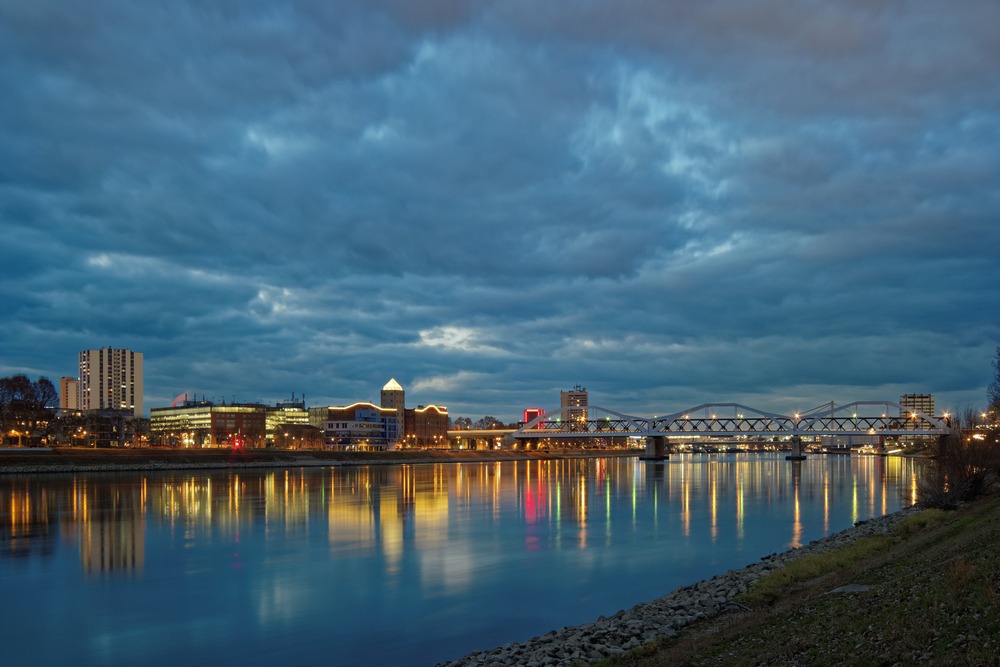
Ludwigshafen’s mix of industrial prowess, cultural depth, and riverside leisure makes it a unique destination. While it may not have the medieval old towns or castle ruins that characterize many German cities, its modern aesthetic, scientific heritage, and commitment to the arts position it as a city where the future is constantly being imagined—and built—along the Rhine.



